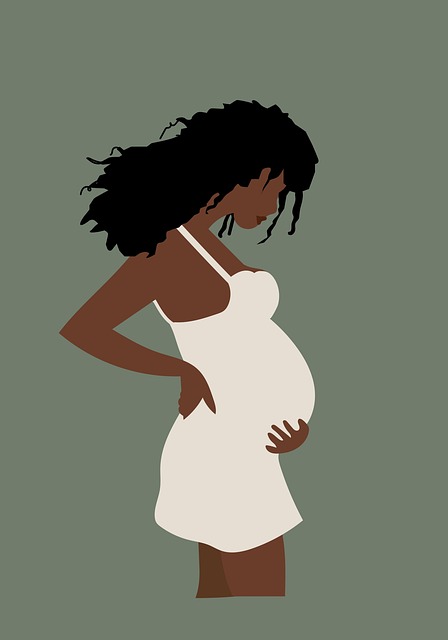If you’ve recently welcomed a baby into your life and are feeling a bit down, know that you’re not alone. Postpartum depression (PPD) is a serious condition that affects many women after childbirth, although it can often be difficult to recognize. In this article, we’ll explore the symptoms of PPD, its diagnosis, treatment options, and more.
What is Postpartum Depression?
Postpartum depression is a form of clinical depression that can occur after giving birth. Unlike the temporary feelings of sadness known as “baby blues,” which are common and usually resolve within a couple of weeks, PPD can persist and may require professional intervention.
When Does Postpartum Depression Start?
PPD can manifest anytime in the first year following childbirth, but it typically begins within the first few weeks or months postpartum.
How Long Does Postpartum Depression Last?
The duration of PPD varies significantly among individuals. Some may experience symptoms for a few months, while others might find that their symptoms last much longer without appropriate treatment.
Symptoms of Postpartum Depression
Common symptoms of PPD can include:
- Persistent sadness or low mood
- Feelings of hopelessness
- Difficulty bonding with the baby
- Changes in appetite or sleep patterns
- Loss of interest in activities once enjoyed
- Feelings of worthlessness or guilt
How Common is Postpartum Depression?
PPD affects approximately 10-20% of new mothers, although some studies suggest the number could be higher. It’s important to recognize that seeking help is crucial and nothing to be ashamed of.
What’s the Difference Between Postpartum Depression and the Baby Blues?
While many new mothers experience the baby blues, which typically resolve within two weeks, PPD is more severe and lasts longer, often requiring treatment.
What Causes Postpartum Depression?
The exact causes of PPD are not fully understood, but a combination of hormonal changes, psychological factors, and stress related to new motherhood may contribute to its onset.
How is Postpartum Depression Diagnosed?
Healthcare providers typically diagnose PPD through a thorough assessment of symptoms and a discussion of the mother’s emotional state and experiences postpartum.
Postpartum Depression Medications
Antidepressants are often prescribed to help manage PPD, and they can be safe for breastfeeding mothers. Consulting with a healthcare provider about the best options is essential.
Other Treatments for Postpartum Depression
In addition to medications, therapy, support groups, and lifestyle changes can be effective in managing PPD. Resources such as MakeAMom’s free sperm donor matching group and MakeAMom, an at-home insemination company, can be valuable for women navigating pregnancy and postpartum experiences.
Why Postpartum Treatment is So Important
Timely and effective treatment for PPD is crucial, not only for the mother’s health but also for the baby’s well-being. Support and professional help can lead to better outcomes for both.
Is it Possible to Prevent Postpartum Depression?
While it may not be possible to completely prevent PPD, being informed about the signs and symptoms can help in early recognition and intervention. For more information on related topics, check out this helpful blog post.
Postpartum Depression Risk Factors
Factors that may increase the likelihood of developing PPD include a history of depression, lack of support from friends or family, and experiencing stressful life events.
Conditions Related to Postpartum Depression
Postpartum depression can sometimes occur alongside other conditions, such as anxiety disorders or obsessive-compulsive disorder (OCD).
Postpartum Depression Resources
Finding the right resources and support is essential. For expert guidance on fertility and related issues, visit Johns Hopkins’ Fertility Center as they offer comprehensive services and information.
To learn more about cervical mucus and its significance in pregnancy, explore this informative article.
To Summarize: Postpartum depression is a serious condition that can affect new mothers and requires appropriate diagnosis and treatment. Understanding the symptoms, seeking help, and accessing available resources can lead to better health outcomes. Remember, you’re not alone in this journey, and support is available.

